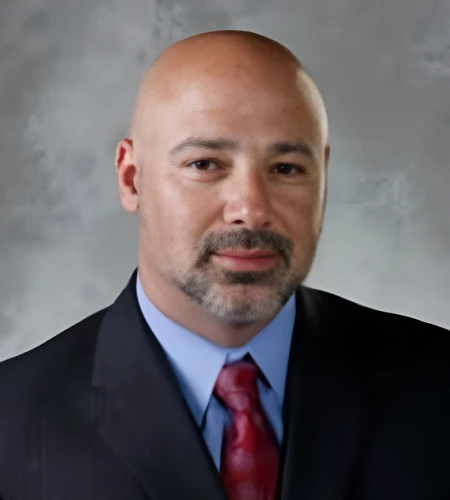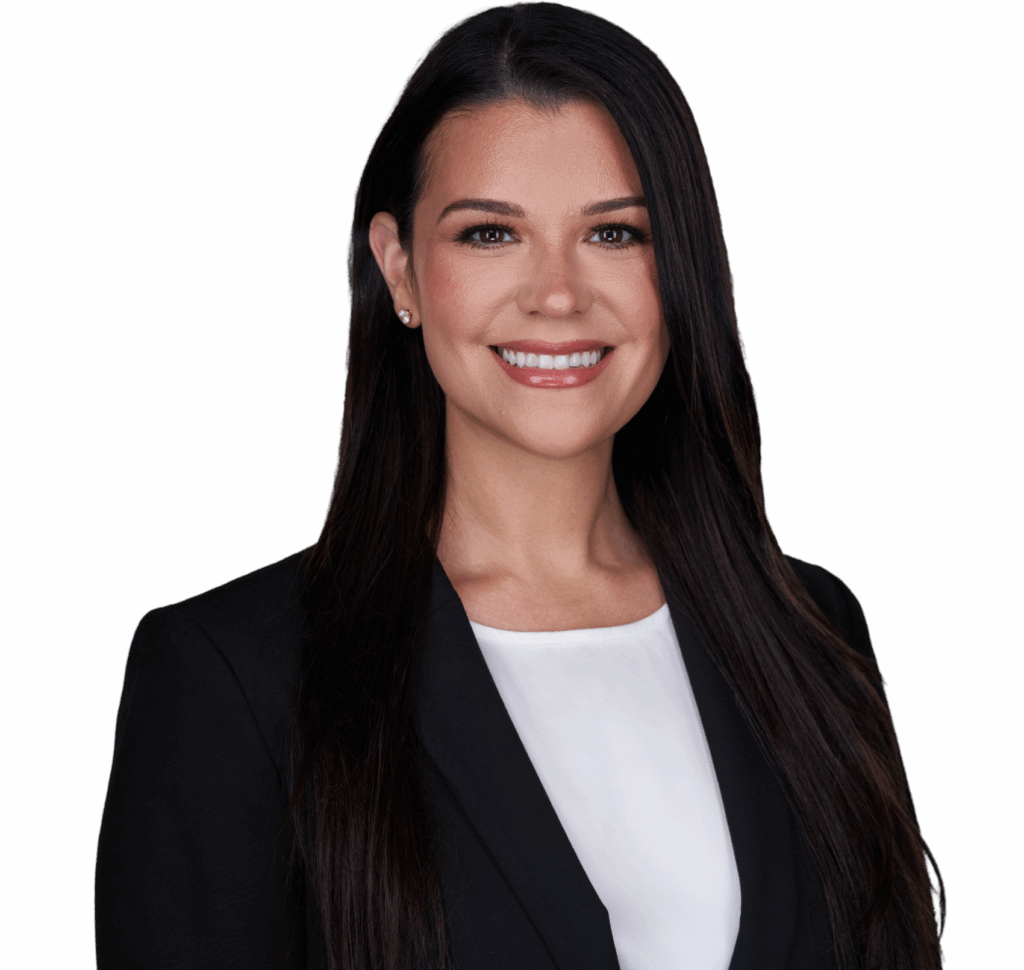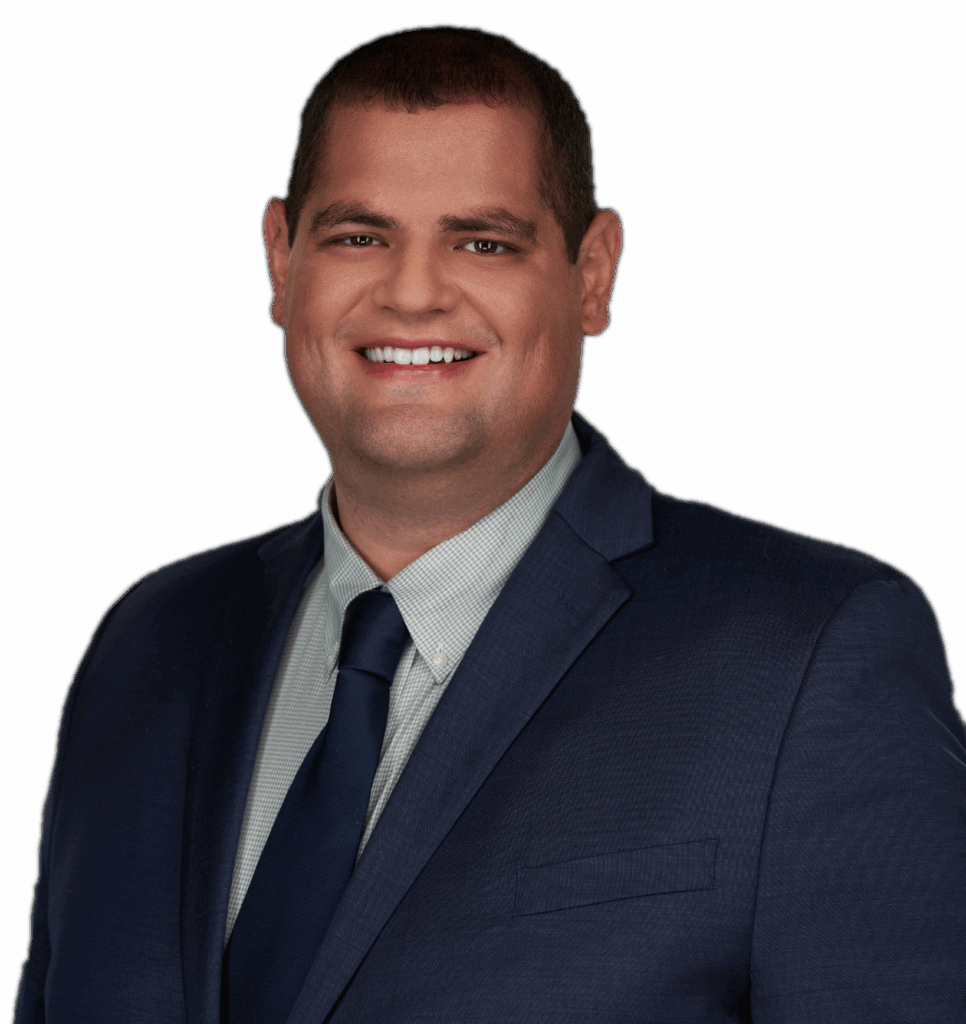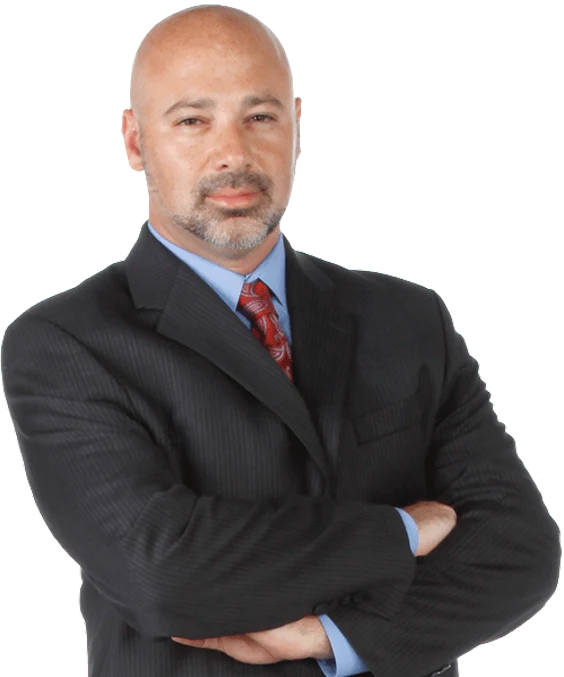A California school & university sexual abuse attorney understands that educational institutions are entrusted with the safety and well-being of their students, yet some teachers, coaches, administrators, and staff members have been accused of abusing that trust and causing devastating harm. When schools and universities allegedly fail to protect students, they allow abuse to continue while survivors are left silenced and unsupported.
Too often, academic culture has been criticized for prioritizing reputation over safety, creating barriers for those who come forward. Survivors may fear retaliation in the classroom, social isolation, or disbelief from administrators allegedly more concerned with protecting the school’s image than pursuing justice.
If you have experienced sexual abuse at a California school or university, your education and future should always come before an institution’s reputation. Contact Horowitz Law at (954) 641-2100 for a completely confidential consultation to learn more about your legal rights and the options available to hold both perpetrators and institutions accountable.
Table of contents
- Key Takeaways for California Educational Sexual Abuse Cases
- How Horowitz Law Advocates for Educational Sexual Abuse Survivors
- California's Educational Sexual Abuse Legal Framework
- Past Case Results
- Educational Institution Liability for Student Sexual Abuse
- Recognizing Educational Sexual Abuse and Institutional Warning Signs
- California's Educational Reporting Requirements and Legal Obligations
- Types of Harm in Educational Sexual Abuse Cases
- The Civil Justice Process for California Educational Sexual Abuse Cases
- FAQs for California School & University Sexual Abuse Attorney
- Transform Your Educational Trauma Into Institutional Change
Key Takeaways for California Educational Sexual Abuse Cases
- A California school & university sexual abuse attorney helps survivors navigate cases involving educational personnel who allegedly exploited their academic authority to harm students in various school settings.
- Educational institutions face significant liability when they are accused of failing to protect students through inadequate supervision, hiring practices, or response to warning signs of predatory behavior.
- California's educational accountability laws provide specific protections for students, including extended statutes of limitations that recognize the unique challenges survivors face in reporting abuse within academic environments.
- Survivors may pursue comprehensive compensation including therapy costs, educational expenses, lost academic opportunities, and damages for the unique harm caused by abuse within trusted educational settings.
- Representation by a California school & university sexual abuse attorney is offered on a contingency fee basis, ensuring survivors have access to experienced counsel with complete confidentiality throughout the process.
How Horowitz Law Advocates for Educational Sexual Abuse Survivors

Attorney Adam Horowitz has devoted his career to helping survivors of sexual abuse in schools and universities throughout California and across the country. Because our firm focuses exclusively on sexual abuse cases, we bring a deep understanding of the unique challenges survivors face, including the pressure to succeed academically, the experience of being allegedly dismissed or silenced by institutions, and the power imbalance that exists between students and authority figures.
We believe survivors, and we recognize that schools are meant to be safe places for growth and opportunity, not environments of harm. The abuse you experienced was not your fault, regardless of your grades, your participation in activities, or any other factor that may have been used to shift blame.
Our California school and university sexual abuse attorneys approach these cases with both legal skill and compassion, recognizing the complexity of academic institutions and the vulnerability of students pursuing their education. We represent survivors who allege abuse by teachers, professors, coaches, administrators, and others in positions of trust, from K-12 schools in Los Angeles to universities in the Bay Area.
Every consultation is completely confidential, and because we work on a contingency fee basis, survivors are never asked to pay upfront costs. Our goal is to support individual healing while also holding institutions accountable to create meaningful change.
California's Educational Sexual Abuse Legal Framework

California has established comprehensive legal protections that address sexual abuse within educational settings, recognizing the unique authority relationships and institutional dynamics that characterize school and university environments. California Education Code Section 44050 establishes specific requirements for educational institutions regarding employee conduct and student safety.
California law recognizes that educational sexual abuse exploits academic authority, grading power, and institutional trust, creating distinct psychological trauma. Because students rely on schools for their futures, sexual abuse by faculty is especially damaging and carries serious legal consequences.
Understanding Time Limits for California Educational Sexual Abuse Cases
California school and university sexual abuse cases are governed by specific statutes of limitations, which vary based on the survivor’s age and when the abuse occurred. For survivors who were under 18 at the time, the law provides extended filing periods to encourage reporting.
Childhood Sexual Abuse Before January 1, 2024
For childhood sexual abuse that occurred before January 1, 2024, survivors generally may file a civil claim until their 40th birthday or within five years of discovering a related psychological injury, pursuant to California Code of Civil Procedure § 340.1.
Childhood Sexual Abuse On or After January 1, 2024
For childhood sexual abuse that occurs on or after January 1, 2024, there is no statute of limitations for civil claims. Survivors may bring an action at any time during their lives. This change does not revive claims that were already time-barred before January 1, 2024.
Adult Sexual Assault Claims
Under California Code of Civil Procedure § 340.16, adult survivors of sexual assault must generally file a civil claim within ten years of the assault or within three years of discovering that the abuse caused harm. California has also enacted temporary “lookback windows” that revive previously time-barred claims. The revival period for childhood sexual abuse claims created by Assembly Bill 218 closed on December 31, 2022.
Current Revival Window for Adult Survivors
Assembly Bill 2777 established a revival window for certain adult sexual assault claims that remains open until December 31, 2026. Survivors who were eighteen or older at the time of the assault may still pursue claims revived under this law.
Possible Exceptions and Tolling
In some cases, deadlines may be extended or tolled if there is evidence of institutional concealment or if the survivor remained in an academic relationship with the institution. These exceptions require strong proof of fraudulent concealment or delayed discovery and are highly fact-specific rather than automatic.
Past Case Results
Educational Institution Liability for Student Sexual Abuse

California school & university sexual abuse attorney cases often involve institutions such as public and private schools, community colleges, universities, and educational support organizations. Educational institutions face legal accountability when they allegedly create environments that enable sexual abuse or fail to protect students from known risks.
The concept of institutional liability in educational settings requires schools and universities to maintain rigorous supervision, implement comprehensive screening procedures, and respond appropriately to complaints or warning signs of inappropriate conduct. California law holds educational institutions to high standards of student protection that reflect the vulnerable nature of student populations.
Common Educational Institution Failures That Enable Sexual Abuse
Educational institutions throughout California have faced successful liability claims when their policies and practices enabled sexual abuse or prevented appropriate intervention to protect students. A California school & university sexual abuse attorney identifies patterns of institutional negligence that appear across different types of educational environments. These failures usually involve multiple breakdowns in student protection practices:
- Educational institutions conduct inadequate background investigations and reference verification for teachers, coaches, and other personnel working with students.
- Schools and universities implement insufficient supervision of student-faculty interactions, particularly in one-on-one academic or extracurricular settings.
- Educational administrators dismiss or inadequately investigate student complaints about inappropriate conduct by faculty or staff members.
- Institutions prioritize academic reputation and funding concerns over student safety through cover-up efforts and failure to involve appropriate authorities.
- Educational organizations lack comprehensive student protection policies, mandatory reporting training, and clear procedures for handling sexual misconduct allegations.
Schools and universities have both legal and moral obligations to create safe learning environments that go far beyond classroom instruction. When educational institutions fail to meet these heightened protection standards through negligence or deliberate indifference, they bear responsibility for the preventable harm that results from their failures.
Recognizing Educational Sexual Abuse and Institutional Warning Signs

Educational sexual abuse often involves gradual boundary violations by perpetrators who allegedly exploit their academic authority, grade control, and institutional access to manipulate students over time. Students who experience educational sexual abuse may display changes in academic performance, attendance patterns, participation in school activities, or social interactions that alert caring adults to potential problems.
However, many students don't disclose abuse directly, particularly when perpetrators are respected faculty members who use their institutional authority to maintain secrecy and control.
Institutional Red Flags in Educational Settings
Recognizing how schools handle safety helps students and families see whether institutions are protecting them or creating environments where abuse can occur. A California school & university sexual abuse attorney has identified common institutional warning signs that suggest inadequate student protection policies or concerning educational cultures. These institutional indicators often reveal systematic problems with student safety protocols:
- Educational personnel maintain unsupervised access to students in isolated locations such as empty classrooms, offices, or facilities without proper oversight.
- Academic cultures discourage students from questioning faculty authority or reporting concerns about inappropriate behavior by educational personnel.
- Schools and universities lack clear policies regarding physical contact, gift-giving, or personal relationships between faculty and students.
- Educational institutions provide inadequate response to student or parent concerns about inappropriate conduct by teachers, coaches, or other staff members.
- Schools and universities maintain insufficient background check procedures and reference verification for educational personnel in positions of student contact.
Educational institutions that prioritize student safety welcome questions about protection policies and demonstrate transparency in their student safety practices. When schools and universities become defensive about safety inquiries or discourage student and parent involvement in safety discussions, these responses may indicate problematic institutional cultures that prioritize administrative convenience over student protection.
California's Educational Reporting Requirements and Legal Obligations

California maintains specific mandatory reporting laws that apply to educational institutions and personnel when they suspect student abuse. California Penal Code Section 11166 establishes legal obligations for teachers, administrators, and other educational personnel to report suspected abuse to appropriate authorities rather than handling allegations internally.
These reporting requirements create additional institutional liability when educational institutions fail to comply with legal obligations or attempt to conduct internal investigations rather than involving proper authorities. A California school & university sexual abuse attorney often pursues cases based on institutional failures to report suspected abuse that could have prevented additional victims.
Educational institutions that attempt to handle sexual abuse allegations through internal disciplinary processes rather than involving law enforcement and child protective services may face both civil liability and criminal penalties for failing to comply with California's mandatory reporting requirements.
Types of Harm in Educational Sexual Abuse Cases

Sexual abuse within educational settings causes unique types of harm that affect survivors' academic development, educational opportunities, and long-term career prospects in ways that extend far beyond typical assault trauma. Educational abuse survivors often struggle with school avoidance, academic performance decline, and loss of trust in educational environments that can have lifelong consequences for their personal and professional development.
The manipulation tactics employed by educational personnel frequently involve academic authority, grade control, and educational opportunities to normalize inappropriate conduct and maintain student compliance. A California school & university sexual abuse attorney understands how these academic power dynamics impact survivors and addresses both educational trauma and long-term academic consequences through comprehensive legal action.
Educational sexual abuse often creates ongoing consequences for survivors' ability to pursue educational goals, particularly when abuse occurs during formative academic periods or involves personnel in subjects related to survivors' career interests. Many survivors require specialized counseling to address educational trauma and rebuild trust in learning environments necessary for their academic and professional success.
Economic damages in educational sexual abuse cases may include costs for alternative educational arrangements, specialized therapy for academic trauma, lost educational opportunities, and expenses related to transferring schools or changing academic programs. Survivors may also pursue punitive damages when educational institutions acted with malice or conscious disregard for student safety in enabling or covering up sexual abuse.
The Civil Justice Process for California Educational Sexual Abuse Cases

Pursuing justice against educational institutions requires understanding how California courts handle cases involving complex academic relationships, institutional policies, and educational regulatory oversight. Educational sexual abuse cases often involve intricate issues of academic freedom, institutional policies, student rights, and educational industry practices that require experienced legal representation to address effectively.
The discovery process in educational abuse cases frequently involves obtaining personnel files, student records, institutional policies, and training materials that demonstrate whether educational institutions met their legal duties to protect students. A California school & university sexual abuse attorney works with educational liability consultants and institutional policy experts to analyze whether schools and universities maintained appropriate student protection standards.
alifornia school & university sexual abuse attorney representation operates on contingency fee arrangements, making experienced legal counsel accessible while maintaining complete confidentiality throughout the legal process
Settlement negotiations with educational institutions often address not only financial compensation but also comprehensive policy changes designed to prevent future abuse, enhanced faculty training requirements, improved student protection protocols, and institutional accountability measures that extend beyond monetary damages to address systematic problems within educational environments.
FAQs for California School & University Sexual Abuse Attorney
What makes school and university sexual abuse cases different from other sexual assault cases?
Educational sexual abuse cases involve unique power dynamics, academic authority exploitation, and institutional liability issues that distinguish them from other assault contexts. Educational personnel hold positions of academic authority that control students' grades, recommendations, and educational opportunities, creating enhanced opportunities for manipulation and coercion. A California school & university sexual abuse attorney must address academic hierarchies, institutional policies, educational regulations, and specialized damages related to educational harm.
Can I sue the school or university even if the abusive teacher or staff member no longer works there?
Yes, educational institutions face liability for institutional negligence regardless of whether individual perpetrators remain employed. Many successful educational abuse cases focus on institutional failures in hiring, supervision, training, and response to complaints rather than pursuing only individual perpetrators. California law holds educational institutions accountable for creating environments that enabled abuse and for failing to protect students from known risks.
What if the abuse affected my grades or educational opportunities?
Educational sexual abuse often directly impacts academic performance, educational opportunities, and career prospects, particularly when perpetrators use their academic authority to manipulate grades, recommendations, or educational access. A California school & university sexual abuse attorney pursues damages for lost educational opportunities, reduced academic performance, costs of educational remediation, and long-term career impact caused by educational abuse and institutional failures.
How do I prove educational sexual abuse occurred if it happened in private academic settings?
Evidence in educational sexual abuse cases may include academic records showing performance changes, communications between student and educational personnel, contemporaneous complaints to friends or family, institutional records showing complaint patterns, and expert testimony about educational standards and inappropriate conduct. Many educational abuse cases involve patterns of behavior that create evidence even when specific incidents occurred in private settings.
What compensation might be available in a California educational sexual abuse case?
Compensation in educational sexual abuse cases depends on factors including the severity of abuse, academic impact, educational harm, institutional liability, and long-term consequences for educational and career development. A California school & university sexual abuse attorney pursues damages for therapy costs, educational expenses, lost academic opportunities, pain and suffering, and punitive damages when educational institutions acted with deliberate indifference to student safety.
Transform Your Educational Trauma Into Institutional Change

Educational institutions that enable sexual abuse through negligent policies and inadequate student protection violate the fundamental trust that students and families place in schools and universities. California's legal framework recognizes that educational sexual abuse requires enhanced accountability measures that address both individual perpetrator violations and institutional failures that create environments where abuse thrives unchecked.
Your courage in pursuing legal action against an educational institution serves not only your individual healing but also protects countless future students from experiencing similar harm within academic environments. Civil litigation provides the most effective mechanism for forcing educational institutions to acknowledge their failures and implement meaningful reforms that prioritize student safety over institutional reputation and financial concerns.
Contact attorney Adam Horowitz at (954) 641-2100 for a completely confidential consultation about your educational sexual abuse case in California. We believe you, we understand the unique challenges you face in confronting powerful educational institutions, and we're here to help you seek justice and accountability while reclaiming your right to safe and supportive educational environments.